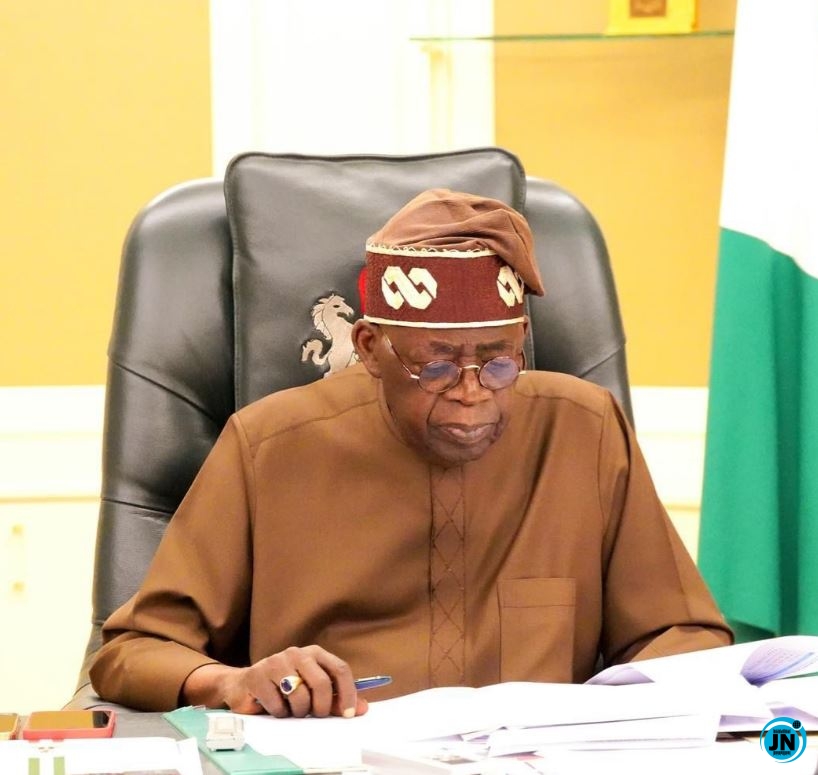President Bola Tinubu has initiated efforts to secure the backing of northern elites and political leaders for the passage of several contentious tax reform bills. These proposed reforms have been a subject of significant discussion and disagreement across various political circles in the country. The aim of the reforms is to overhaul Nigeria’s tax administration and revenue collection systems, a move the federal government claims is essential for boosting revenue generation and reducing the nation's dependency on oil exports. However, despite the perceived need for these reforms, a wide array of concerns has been raised by key stakeholders, particularly from the northern regions of Nigeria.
The proposed legislation, introduced to the National Assembly in October 2024, includes the Nigeria Tax Bill 2024, the Nigeria Tax Administration Bill, the Nigeria Revenue Service (Establishment) Bill, and the Joint Revenue Board (Establishment) Bill. These bills are designed to reshape the country's taxation system by introducing new mechanisms for revenue generation, tax collection, and enforcement, with an emphasis on increasing the efficiency and effectiveness of the tax structure in the country.
Sources within the Presidency revealed that President Tinubu has been engaging in private consultations and utilizing “back channels” to address concerns raised by key stakeholders. According to one senior official, speaking anonymously, the President has been reaching out to northern elites, both individually and as groups, even before the holidays, to discuss the details of the proposed bills. These efforts are part of Tinubu's strategy to gain the support needed to push the bills through the National Assembly and ensure their successful passage.
Another insider disclosed that Tinubu is leveraging multiple avenues to address opposition to the reforms. "He is employing various strategies and channels to resolve the contentious aspects of the bills and gain support," the source said. These tactics include one-on-one meetings with influential political figures, engaging in discussions with business leaders, and offering reassurances on the potential positive impacts of the tax reforms.
Despite these efforts, northern governors remain firmly opposed to the legislation, calling for its withdrawal to allow for further consultations and amendments. They argue that the proposed reforms could disproportionately impact northern regions, especially in sectors such as agriculture and local businesses, and could stifle economic growth in these areas. They have expressed concerns that the new tax framework could impose additional financial burdens on the citizens, particularly in rural areas, where economic activity is heavily reliant on informal trade and agricultural output.
The bills aim to overhaul Nigeria’s tax administration and revenue collection systems in a bid to diversify the country's revenue streams. The federal government argues that these reforms are essential for ensuring long-term fiscal stability and lessening Nigeria’s reliance on oil revenues, which have been prone to fluctuations. However, critics of the legislation warn that the reforms could lead to higher taxes and increased financial strain on citizens, particularly the most vulnerable.
The debate around these bills underscores the challenges of balancing fiscal reforms with the concerns of affected stakeholders. As discussions continue, it remains to be seen whether President Tinubu's efforts to garner support from northern elites will be successful in swaying opposition and pushing the reforms through the National Assembly.


